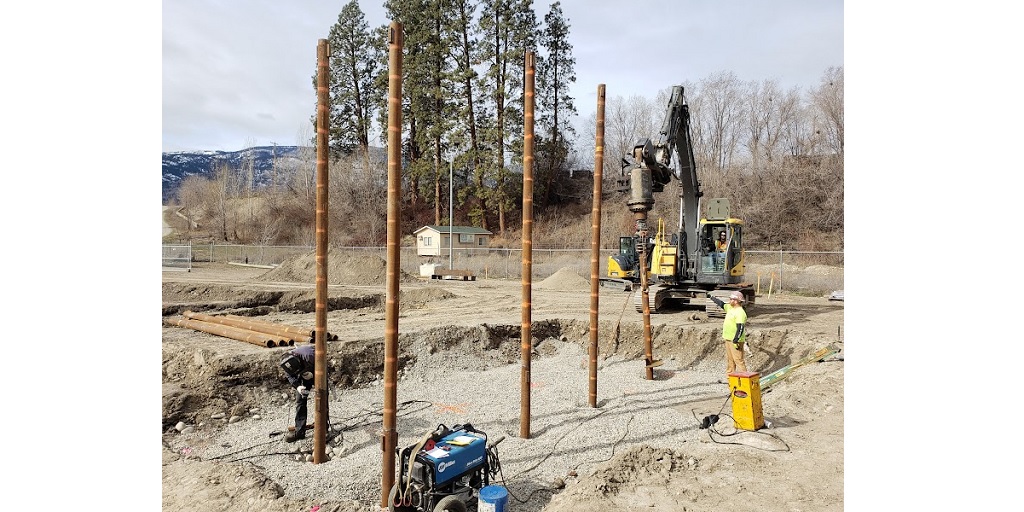Understanding the Engineer Approval Process for Helical Piles in Deck Construction

When planning a sturdy and reliable deck, the foundation is one of the most critical components. Helical piles are increasingly popular for deck foundations, offering a versatile and effective solution for a range of soil types and load-bearing requirements. However, for any major structural addition, professional engineering approval is often required to ensure compliance with safety and building standards.
How Engineers Assess Helical Piles for Deck Foundations
When considering helical piles for a deck, engineers play a key role in evaluating and approving this foundation method. Engineers assess several factors to determine whether helical piles are suitable for a specific deck design, including soil type, load-bearing requirements, and local building codes. Here are some of the primary elements engineers review:
- Soil Analysis. By analyzing soil density, moisture levels, and load-bearing capacity, engineers can determine the proper size and depth of helical piles for decks to ensure optimal performance.
- Load-Bearing Capacity. Engineers also examine the expected load on the deck, which includes not only the deck’s own weight but also any potential live loads, such as furniture, people, and weather-related impacts.
- Compliance with Building Codes. Engineers are well-versed in local codes and will verify that the use of helical piles for decks complies with any regional requirements. Approval from an engineer often satisfies these codes, allowing for a smoother permitting process and giving homeowners peace of mind.
The Benefits of Engineer-Approved Helical Piles for Decks
Using engineer-approved helical piles for decks offers numerous advantages for homeowners and contractors alike. Here are a few reasons why this approval process is so valuable:
- Enhanced Stability. With their deep, screw-like anchors, helical piles prevent shifting or settling, even in adverse soil conditions, delivering a reliable base for your deck for years to come.
- Improved Safety and Compliance. Engineers make sure that the piles meet load requirements and adhere to local regulations, helping to prevent potential issues such as foundation failure or costly code violations.
- Cost and Time Efficiency. By selecting the right type and number of helical piles for decks, engineers help avoid future repairs, reduce material waste, and minimize delays. Additionally, helical piles often require less excavation than traditional footings, making them a faster and more cost-effective option.
Engineer Approval and Installation: The Partnership That Makes It Work
Engineers provide a comprehensive assessment and make recommendations on the helical pile specifications. Certified installers then bring these specifications to life, ensuring each helical pile is driven to the correct depth and angle. This partnership allows for the construction of safe, code-compliant decks that stand the test of time.
After installation, it is also common for engineers to perform a final inspection to confirm the quality and security of the helical piles for decks. This inspection not only ensures the integrity of the installation but also provides homeowners with the documentation needed for permitting or future resale, adding long-term value to the property.
By securing professional guidance and approval, homeowners can be confident in the long-lasting durability and safety of their deck foundation. Helical piles for decks are not just a practical choice; they are also a sound investment when approved and assessed by a qualified engineer. Through careful planning and adherence to engineering standards, helical piles can provide the ideal support for decks of all sizes and styles, creating a secure outdoor space that homeowners can enjoy for years to come.
For more information about Best Drilling Service and Drilling Service Company Bc please visit:- ATLAS PILING







